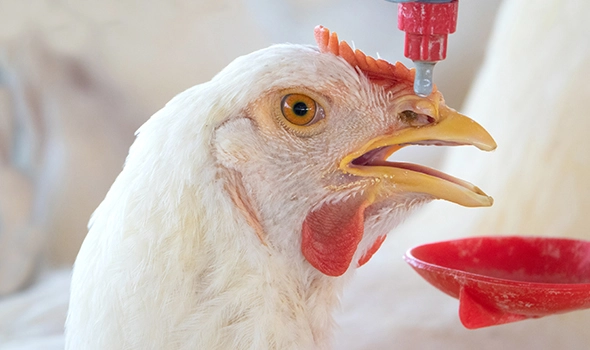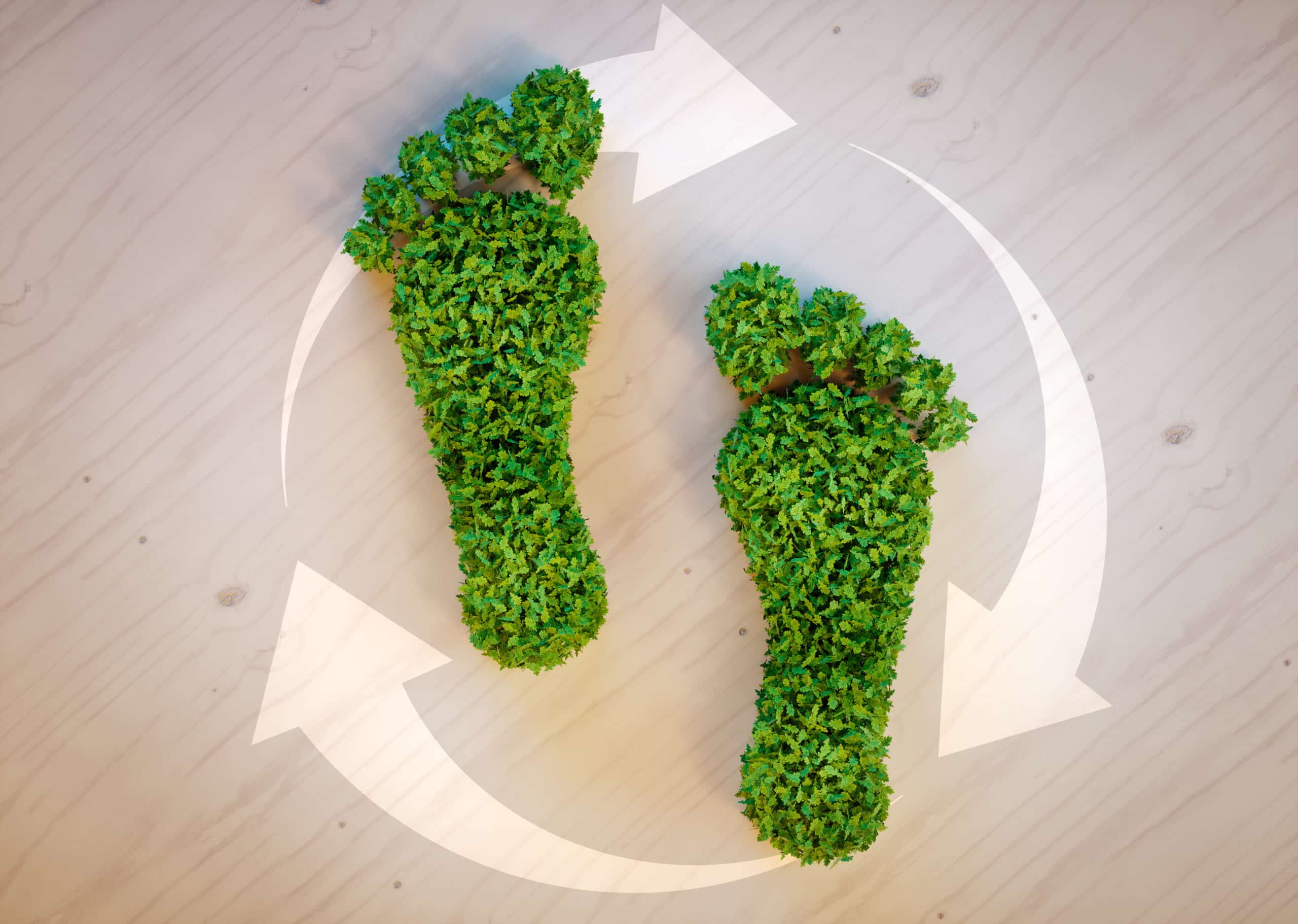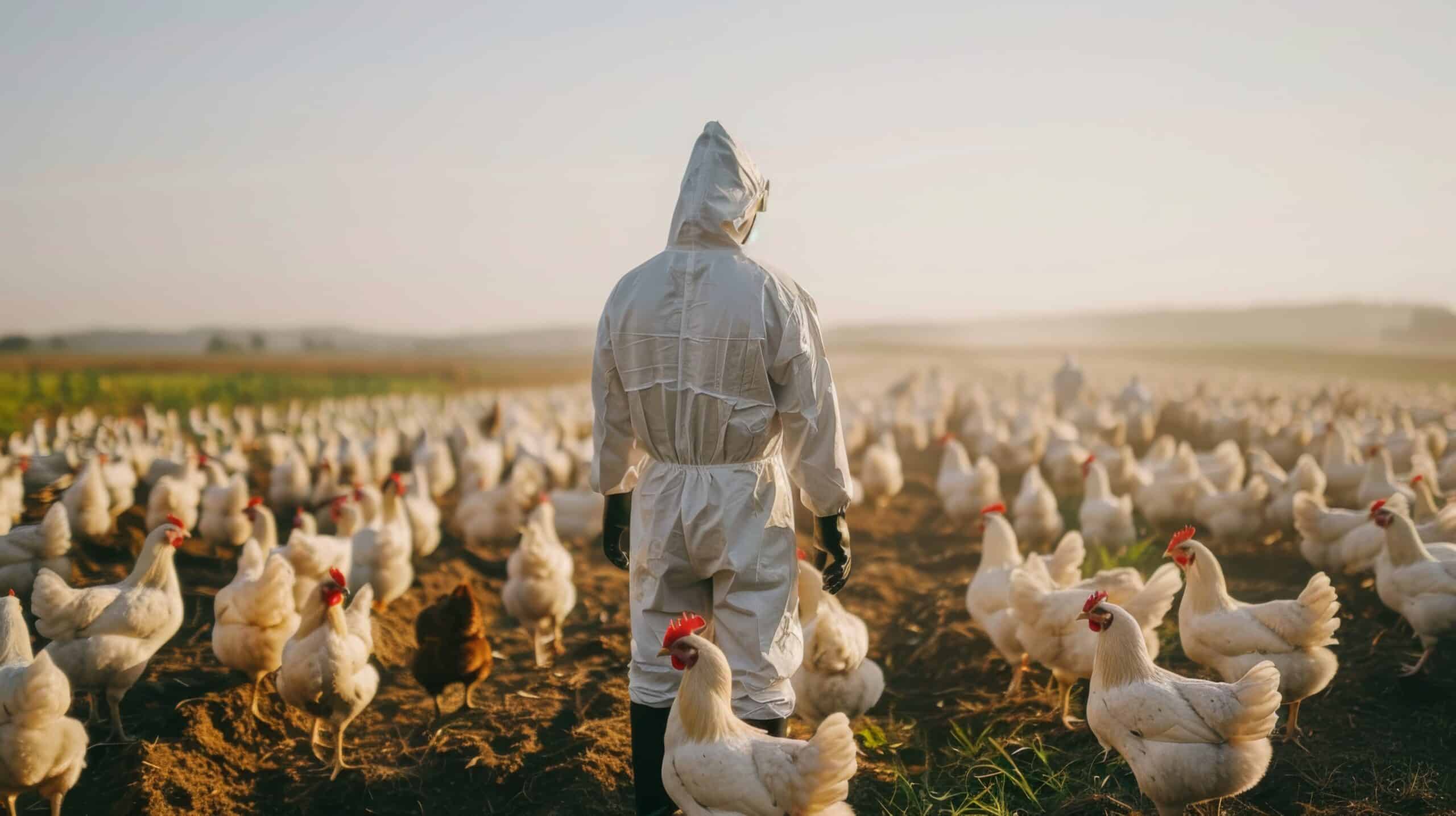Just the way humans are susceptible to heat stroke during hot climatic conditions, livestock also face extreme exhaustion due to heat, known as heat stress. High environmental temperatures are one of the most common causes of heat stress. In a bird, heat stress occurs when the core body temperature increases to extreme levels due to poor heat loss and limited means of coping. The environmental temperature and humidity inside the barn or the hen house plays an important role in heat stress. Thus, the temperature and humidity must constantly be measured and kept in check. Heat stress not only causes suffering and death among the birds, but it also results in loss of production and profit to the livestock owners.
What is heat stress?
Heat stress in poultry occurs when birds have difficulty striking a balance between body heat production and heat loss. Heat stress can occur at all ages among the birds. However, older birds are at a high risk of heat stress as larger birds tend to become more insulated with their feathers.
The thermoneutral zone for poultry is between 60 – 75 degrees F. When in the thermoneutral zone, birds can lose heat through normal behaviour. When the temperature increases to 85 degrees F (the upper critical zone), the birds tend to adapt themselves to the temperature by decreasing their feed intake and production. This may also lead to reduction in egg laying quantity, hatchability, quality of the egg shell, and egg size. During this zone, the birds must lose excessive heat by panting. When the temperature reaches 100 degrees F (thermal maximum temperature), the birds’ core body temperature will increase, which can lethal, unless help is provided.
How to prevent heat stress in birds?
Heat stress can be reduced or prevented in a variety of ways. Here are some tips you can follow to reduce heat stress in your flock:
Provide Ventilation:
One of the simplest ways to prevent heat stress among your flock is by managing the air flow. Make sure that you increase the ventilation to remove excess heat. If you have a naturally – ventilated barn, ensure that you have supplemental fans in the barn, as there is an increased risk of heat stress if the air flow is calm.
Feed Right:
Birds tend to be hungrier in the morning, resulting in them eating more. This will make them prone to heat stress in the afternoon. The best way to prevent this is by withdrawing feed 6 hours before peak warm temperature, and feeding them once the peak temperature is declining.
Water:
Bird tend to increase their water intake by 2 – 4 times more than usual during heat stress. Make sure that the birds have cool, clean water all the time, which will encourage them to consume water more often.
Use Electrolytes:
You can add electrolytes to the water for up to three days. This will help balance the electrolytes in birds and also enable them to drink more water.
Manage Space:
Make sure that your birds have plenty of space. By putting fewer birds in each hen house, you can help reduce heat stress.
You can also use products such as Natural Remedies Phytocee, a phytogenic feed additive that promotes endurance, reduces vulnerability against diseases and helps manage the harmful effects of stress. You can learn more about the product by clicking on the link given below:
https://naturalremedy.com/monogastrics-poultry/adaptogenic-general-immunity/phytocee/







.png)












.png)






